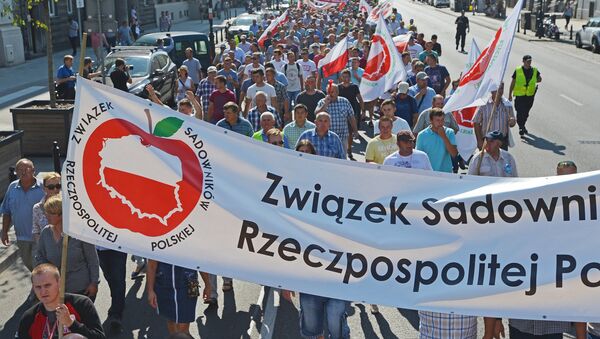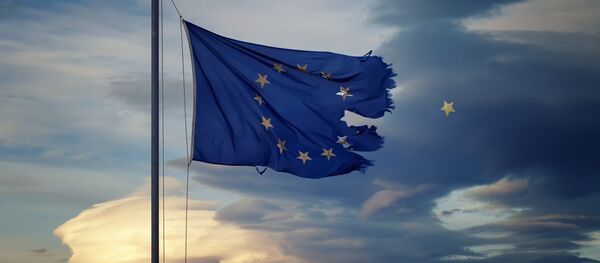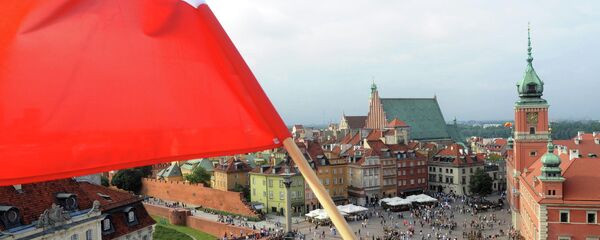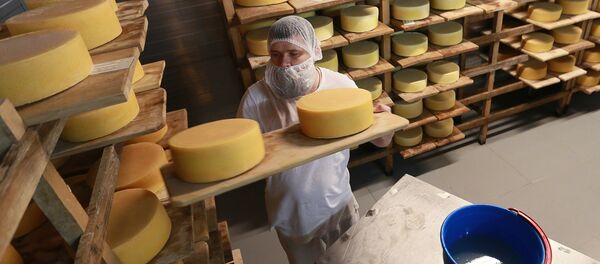The interview came after the Association of Polish Fruit Growers held a rally in Warsaw to protest the anti-Russian sanctions, which Piekarnik said rode roughshod over interests of Polish farmers.
"It is time to put an end to these senseless actions, which have tarnished the economic relations between the two countries. We mean that the Polish government should hold direct talks, like our Minister of Agriculture, who sat down with his Russian counterpart," Piekarnik said.
Another option is to do what the Polish group's partners in the European Union have done: "compel their governments to take measures aimed at the rejection of the embargo practices," he said, adding that politics should not prevail over the economy.
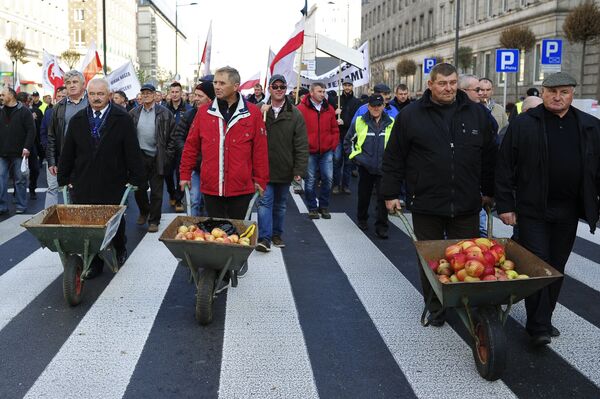
"Yesterday we told our minister: 'Mr. Minister, if Warsaw intended to harm Russia, then why do we continue to buy Russian gas and oil? If we purchase it because of the relevant agreement, let's do the same in the agriculture sector'," Piekarnik said.
Touting the Association of Polish Fruit Growers as an "important" non-governmental organization, Piekarnik announced its plans to meet the producers of grain, beef, pork and other products so as to try to reach a consensus.
"Our goal is to return to previous relations with our Eastern partner. With speculations on Poland's economic cooperation with China gathering strength, we continue to insist that most of our products should be sold on the market we earlier entered," he said in an apparent reference to Russia.
He warned that manufacturers from China and South America may force Polish farmers out of the Russian market if the steps are not made in the direction of the normalization of Russian-Polish relations.
"We cannot supply the volume we now produce to other markets. We meet daily at the Russian Embassy to discuss the issue, and we see the Russian side's good will. In other words, sometimes both partners need to step back and concentrate on the economy, not politics. Our only desire is to normalize bilateral economic relations," he said.
The United States, the European Union and some of their allies have introduced several rounds of anti-Russia sanctions since Crimea reunified with Russia in 2014; they have accused Moscow of meddling in an internal Ukrainian conflict.
Moscow retaliated by launching its own sanctions on August 7, 2014. Russia imposed restrictions on the import of beef, chicken, pork, dairy products, fish, nuts, fruits and vegetables from the countries that supported the anti-Russian sanctions.
The original decree signed by President Vladimir Putin declared the embargo would last for one year, but it has since been prolonged in step with EU/US sanctions.
In July 2016, the EU Council prolonged the anti-Russian sanctions until January 31 2017, and Russia responded by extending its counter-sanctions until December 31, 2017.

